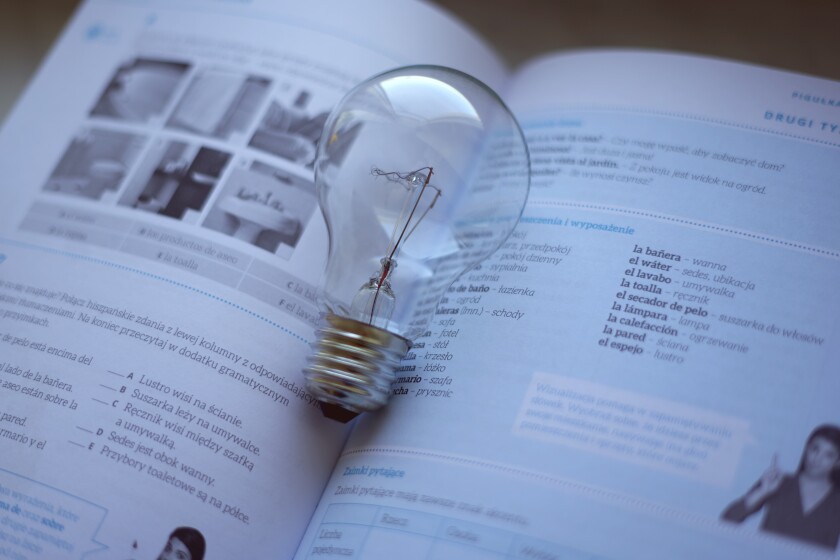There are certain inventions in which it is impossible to define a claimed product other than in terms of a manufacturing process. The claims protecting these inventions are known as product-by-process claims.
In other words, these products are defined by a manufacturing process which includes a technical step that confers technical characteristics to the product, which in the same way provides novelty and inventive step to the matter sought to be protected.
Product-by-process claims have the following structure: "Product X characterised by A, B, C..., which is prepared/obtained/obtainable by process Y.”
Mexican practice
In Mexico, product-by-process claims are allowed in practice. The country’s previous Industrial Property Law, which applies to all patent applications filed in Mexico before November 5 2020, states in its Article 45, Section I that the following can be protected: "The claims of a specific product and those related to processes especially conceived for its manufacture or use [emphasis added].”
Likewise, the current Federal Industrial Property Protection Law, which entered into force on November 5 2020, mentions in its Article 55 that "if the subject matter of the patent is a process, the patent confers the right to prevent other persons from using that process and from using, selling, offering for sale or importing the product obtained directly from that process, without their consent [emphasis added].”
Product-by-process claims usually confuse inventors and applicants. Thus, when a product is defined by its manufacturing method, it is relevant to review whether the product obtained is identical to other products that are already known, which will help us not to lose sight of the novelty of the product itself.
Onus on the applicant
It is a reality in several jurisdictions that when a product-by-process-type invention is sought to be protected, it is the applicant's responsibility to provide evidence that the parameters of the process give rise to the claimed product. This is achieved by demonstrating the clear differences in the technical characteristics (properties) of the products.
Finally, it should be noted that a product is not patentable if it is not new, even if the products are manufactured by different processes.
Even for a new product, if the process can be used to manufacture a different product, the manufacturing process and the product produced by the process would be reviewed as two different inventions and would be subject to restrictions.












